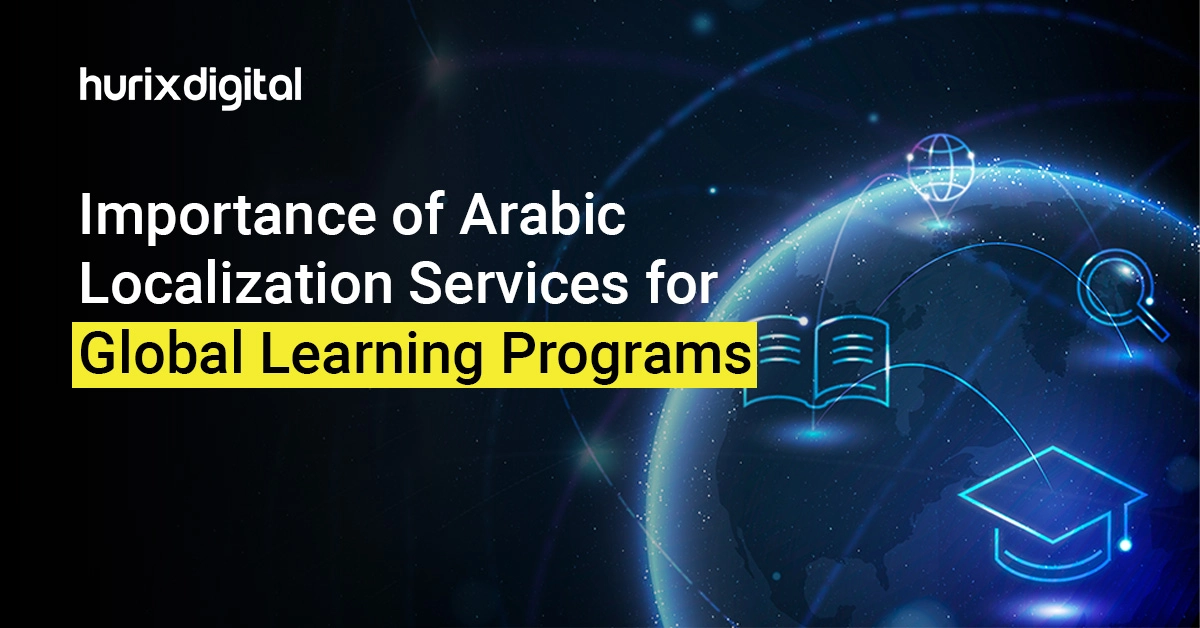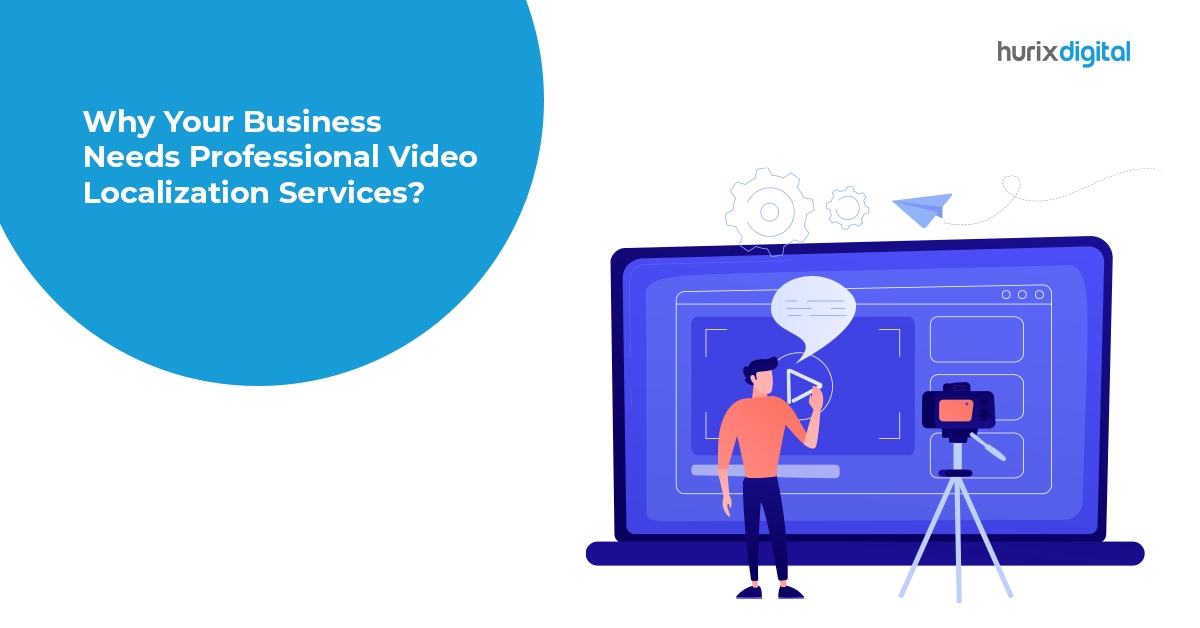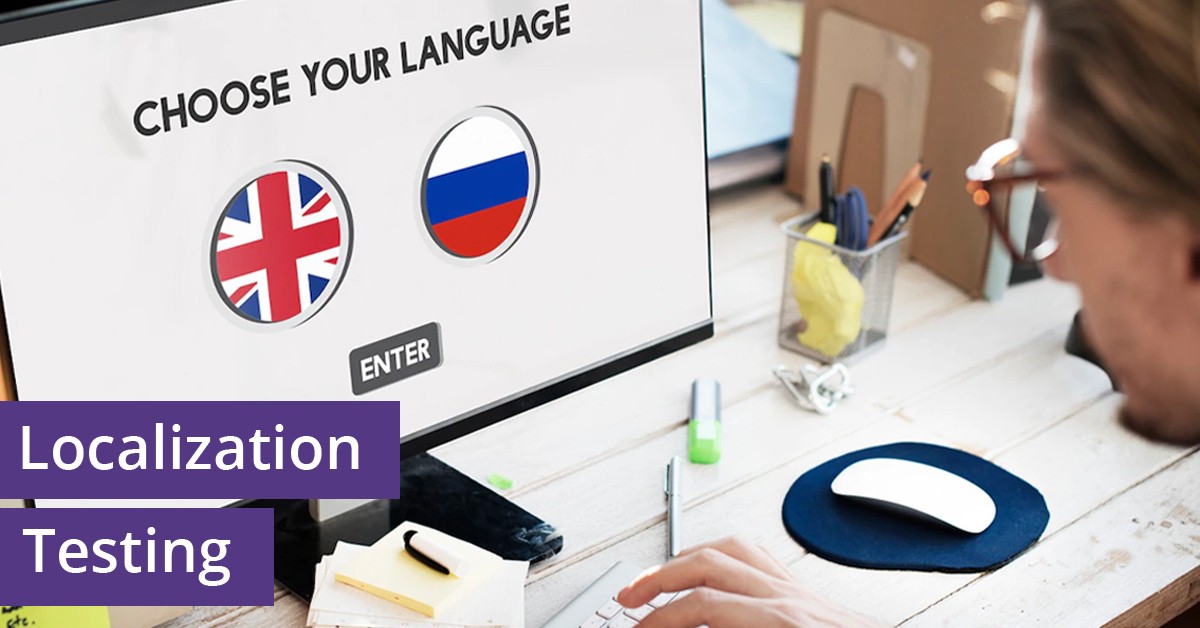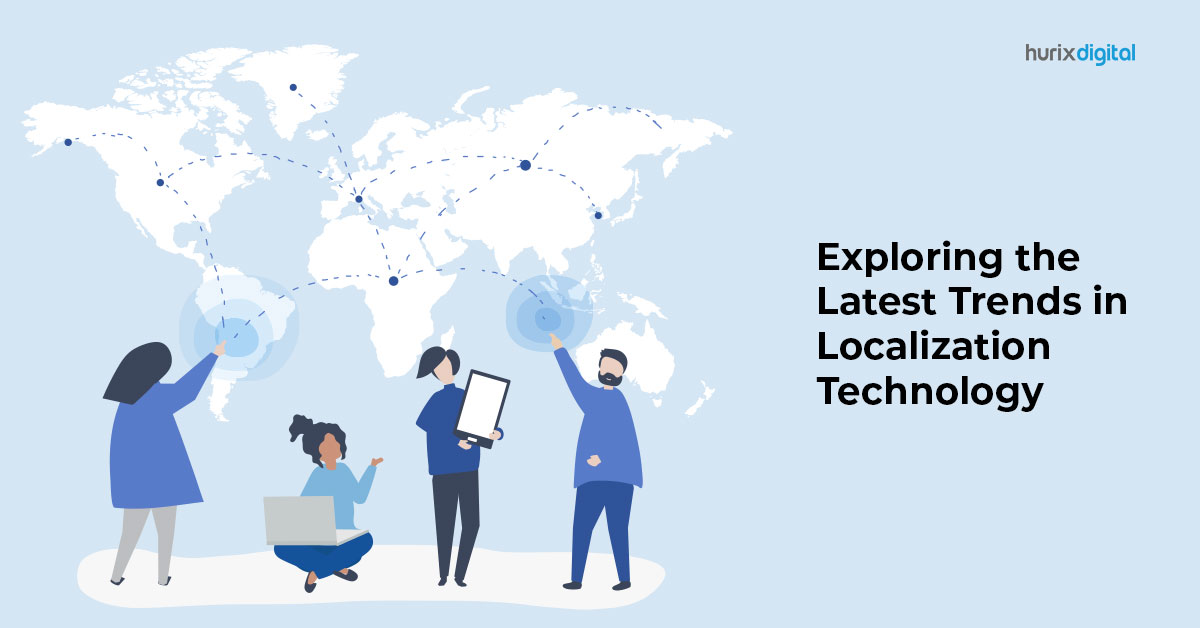
Importance of Arabic Localization Services for Global Learning Programs
Summary
This blog highlights the importance of Arabic localization for global learning, addressing challenges and strategies to enhance inclusive education and access new markets.
When including non-native speakers and those who speak Arabic as their secondary language, there are 422 million Arabic speakers worldwide, which is constantly increasing. Arabic is one of the six official languages of the United Nations and the fifth most spoken language in the world.
Considering this, it is no wonder that effective Arabic localization strategies for inclusive education have become extremely important. By doing so for your employees, you can tap into the unexplored potential of the Middle East markets.
Your organization can claim a share of the $700 billion worth of inter-Arab trade, representing 10-11% of global trade. This could ensure sustained success for your business.
This article will help you understand the importance of Arabic localization services for global learning programs.
Table of Contents:
- What is Arabic Localization?
- Benefits of Arabic Localization in Cross-Cultural Learning
- Challenges of Arabic Localization to Ensure Language Accessibility
- Effective Arabic Localization Strategies
- Conclusion
What is Arabic Localization?
Arabic localization means adapting your company’s website, products, services, and other content for Arab-speaking countries. This means that you would use translation services and incorporate their traditions, culture, and nuances.
This will ensure that your adapted content resonates with Arab audiences in terms of language, dialect, and UI design. eLearning localization is the key to enhancing your global training programs and empowering your users.
Using expert translation/localization services will also ensure that this process is carried out correctly, thus saving your organization from drastic effects.
Also Read: How to Master eLearning Course Translations? A 6-Step Process to Success
Benefits of Arabic Localization in Cross-Cultural Learning
You must ensure that your employees have an inclusive education that also consists of training related to Arabic language translation and localization because:
- It will give you a chance to expand into new markets that have a growing new customer base, high trade prospects, and the presence of profitable business partners.
- With Arabic translation/localization services, your employees can ensure that your company’s products, services, and content meet the preferences and norms of the target audience, making them feel more comfortable with your business.
- By ensuring Arabic language accessibility through international learning platforms, your customers will feel that your company cares about them and is trustworthy. This will make them buy from you again.
- With cross-cultural learning that facilitates Arabic translation/localization services, your organization would also be able to comply with legal requirements. For example, in Middle Eastern countries like the UAE, it is mandatory to offer statistics like product descriptions, clauses, and constraints in Arabic.
- Through an effective eLearning localization process, your organization would gain a competitive edge because you can meet Arab-speaking clients’ specific requirements and preferences.
Challenges of Arabic Localization to Ensure Language Accessibility
Some of the challenges that you are likely to face during Arabic localization to ensure language accessibility are:
1. Choose a Dialect
The 25 dialects of Arabic fall into three main categories: Classic, Modern, and Colloquial. Localizing the content for a particular dialect can be challenging for your organization. This is also because translating into Modern Arabic is suitable only for legal texts, user manuals, and medical texts. While it is easy to undertake, it is unsuitable for informal communication or other purposes.
2. Complex Language
Arabic has difficult grammar rules, noun declensions, and verb conjugations. Thus, to ensure your content is accurate and culturally relevant, you must rely on expert translation/localization services companies like Hurix Digital.
3. Different Cultural Sensitivities
Arabic localization is difficult because its culture varies across countries and regions. To maximize the benefits of Arabic translation/localization services, you and your employees must understand and respect these cultural nuances.
4. Difficult Formatting
Arabic is a script written from right to left, making it difficult to format it properly regarding text alignment and layout. This means that when choosing a content management system, you must ensure that it supports RTL languages like Arabic to avoid compatibility issues and resource waste.
5. Poetic and Figurative Language
Arabic is a poetic language filled with similes, metaphors, and idiomatic expressions. To translate these elements in a manner that preserves their essence, you will need to rely on experts with relevant subject-matter experience. Machine translations will not be of any use here.
Effective Arabic Localization Strategies
Arabic localization is crucial in cross-cultural learning because of its huge diaspora, widespread use, and economic benefits.
Some of the Arabic localization strategies that you should incorporate to ensure its effectiveness are:
1. Avoid Machine Translations
Arabic is an expressive language with many ideas, phrases, and concepts that do not match English. Therefore, you should not resort to machine translations, as they would fail to understand the context of translation, result in errors, and miss out on capturing the essence of Arabic.
2. Use Appropriate Visual Elements
One of the best ways to connect with your target audience is through visual elements like images, icons, and graphics. Considering the cultural norms and differences of the Arabic-speaking community, it is important to ensure that the visual elements you use are culturally appropriate to your target audience.
3. Choose RTL Supporting Localization Services
The localization services and tools you choose must fulfill all the requirements of RTL (right-to-left) web design. This means you must reverse the table’s text, elements, and even columns to make it understandable.
4. Select the Right Arabic Dialect
There are multiple dialects of the Arabic language, and you must choose the dialect based on the region in which you plan to launch your brand. This will ensure that your grammar, cultural references, and imagery match your target audience.
5. Get it Tested by Native Speakers
Have native speakers test your content, product, and services to ensure you have no offensive, taboo elements included. They will also help identify any mistakes made during the translation/localization efforts. Additionally, they will help you improve your Arabic localization to match your target audience even more.
Check Out EXCLUSIVE: Hurix Digital Develops Simulation-based Sales Training with Arabic Translations for a Global F&B Major
Conclusion
Arabic localization services are crucial for global learning platforms because they will help you promote inclusive education, enhance learning outcomes, and support cross-cultural understanding.
It will also allow your employees to learn and grow, increasing their engagement and loyalty to your organization. Collectively, this will lead to your organization’s assured long-term success.
By using expert solutions like Workforce Learning Solutions by Hurix Digital, you can mitigate the challenges associated with Arabic localization and provide a streamlined and positive learning experience.
Schedule a call with us now to learn more.

A highly enthusiastic and motivated sales professional with over twenty five years of experience in solution selling of training-related applications and services. Maintains an assertive and dynamic style that generates results. Ability to establish long-term relationships with clients built on trust, quality of service and strategic vision. Specializes in financial services, higher ed, publishing and government in the areas of learning and development.








